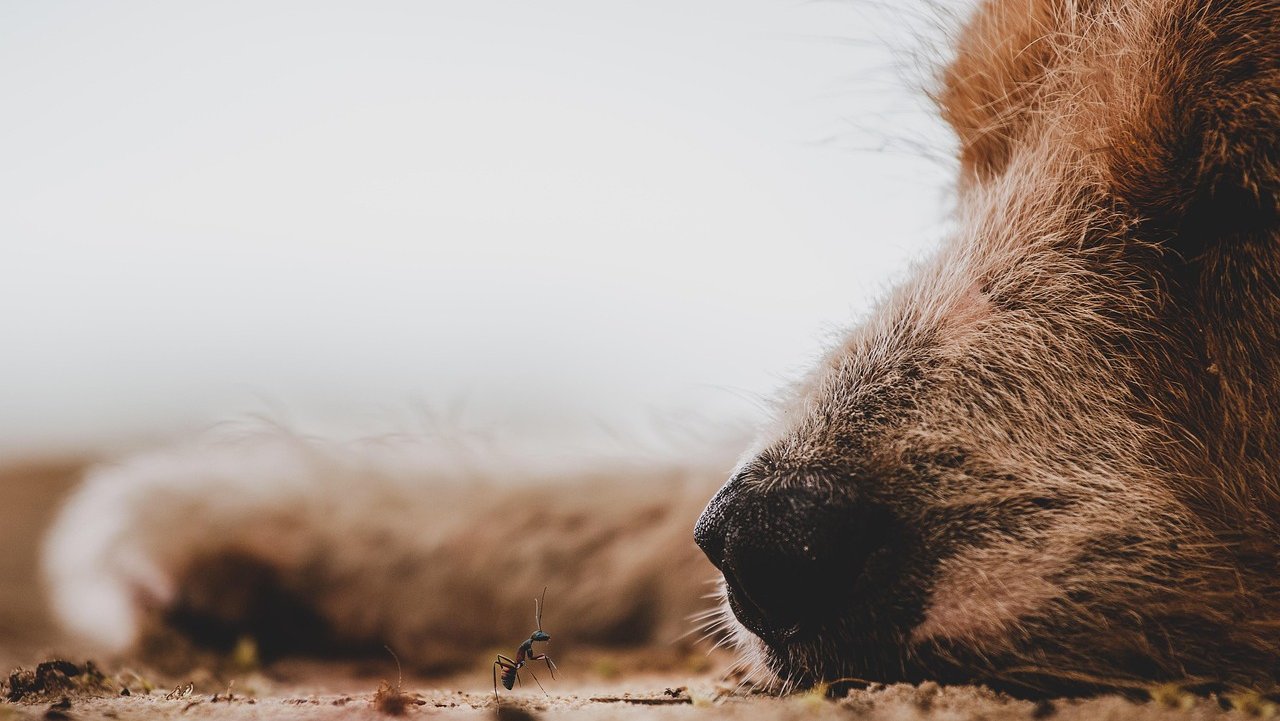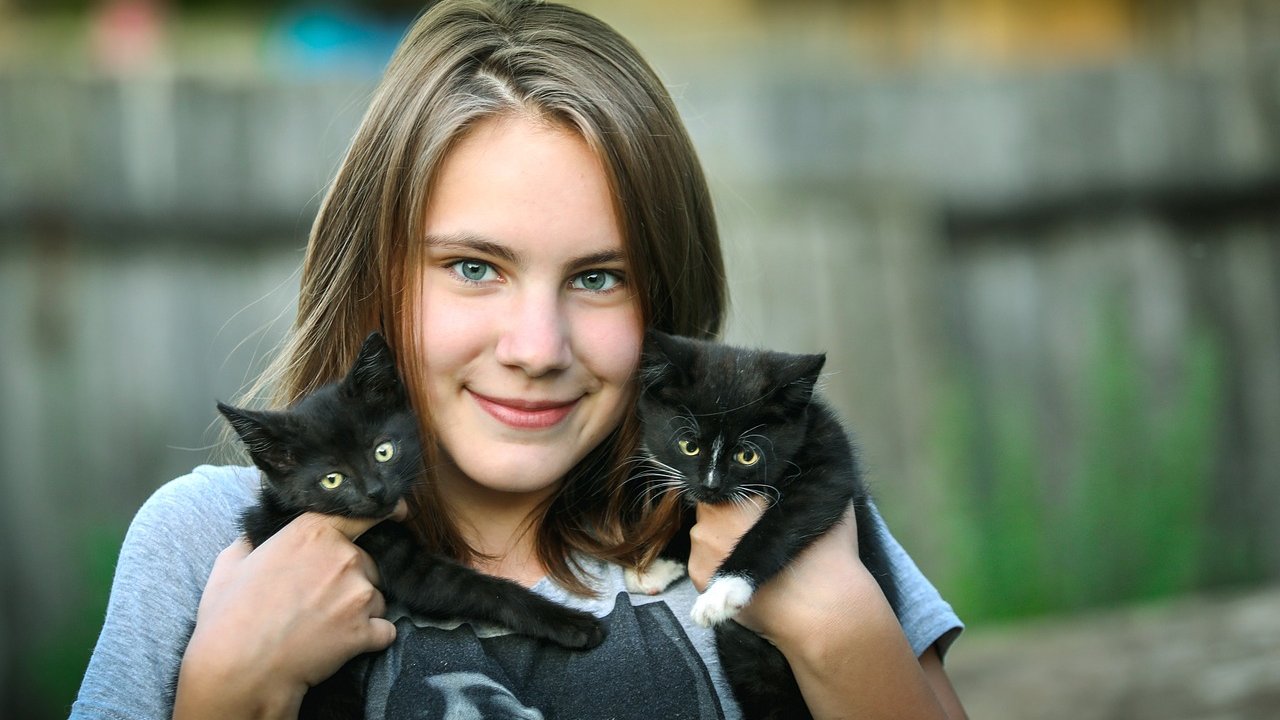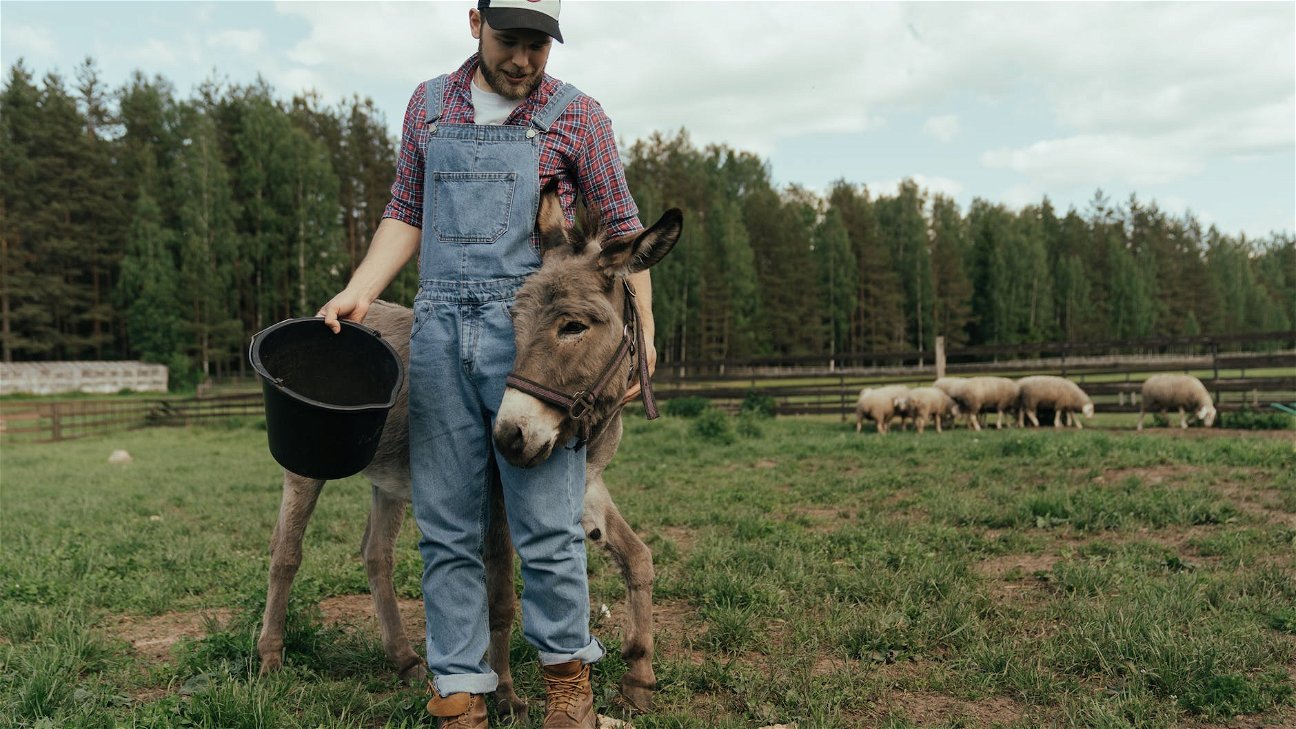
As pets age, their needs change. They may become more susceptible to disease, their metabolism may slow down, and they may need extra help getting around. To help your four-legged friend age gracefully, here are some tips on how to care for senior pets.
Recognizing the signs of aging in pets
Both dogs and cats can start showing signs of aging as early as seven years old, though it depends on the breed and individual pet. Some of the most common signs of aging in pets include:
- Reduced mobility
- Weight gain or loss
- Changes in appetite or water consumption
- Cloudy or red eyes
- Changes in sleep patterns
Early recognition is key to managing these age-related changes and ensuring your pet stays happy and healthy. If you notice any of these signs, it's worth discussing them with your vet.
Adapting your home for an aging pet
Just like humans, pets may struggle with mobility as they age. Here are a few ways you can adapt your home to make it easier for them:
- Use pet ramps or stairs: These can help your pet access high places like the bed or the car.
- Provide a soft bed: Elderly pets often suffer from arthritis, so a soft bed can provide them with comfort.
- Keep their essentials on the ground level: If your house has multiple levels, make sure your pet's food, water, and litter box are on the ground floor so they don't have to climb stairs.
Health checks for senior pets
As your pet ages, regular health checks become even more important. Senior pets should ideally see the vet every six months. During these visits, your vet can check for common health issues in senior pets like heart disease, kidney disease, and arthritis. They can also advise on the best food for aging cats and dogs, and any supplements they might need.
Caring for their mental health
The mental health of aging pets can often be overlooked, but it's just as important as their physical health. Try to keep them mentally stimulated with toys and puzzles, and give them plenty of attention and love.
Diet and Exercise
The dietary needs of senior pets can change as they age. They may need fewer calories if they're less active, but more protein to maintain muscle mass. Some pets may also benefit from supplements like omega-3 fatty acids and glucosamine. Regular exercise is also crucial, though the intensity should be tailored to their physical health and stamina.
Caring for senior pets can be a challenge, but with patience and love, you can help them live out their golden years in comfort and happiness.











